We all expect our healthcare to be safe, but mistakes can happen that may put patients at unnecessary risk.
This is the focus of the Safe Care Steering Group overseeing a James Lind Alliance priority setting partnership about safe care for adults with complex health needs, who have more than one condition or illness, or who need care from different teams and/or some care to be provided in their home.
On behalf of the Allied Health Professions Federation, Dr Jo Watson, RCOT’s Assistant Director – Education and Research, is part of this Steering Group.…
Read more of this article


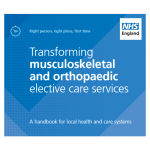
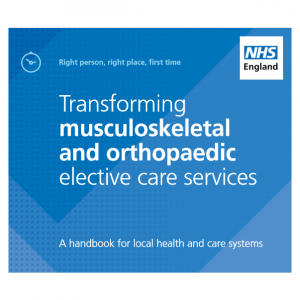

 On 30th November 2017, the National Osteoporosis Society published new Osteoporosis Standards and Vertebral Fractures Guidance for Health Professionals. The guidelines help health professionals provide the possible care for people with osteoporosis.
On 30th November 2017, the National Osteoporosis Society published new Osteoporosis Standards and Vertebral Fractures Guidance for Health Professionals. The guidelines help health professionals provide the possible care for people with osteoporosis.

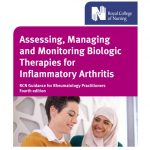
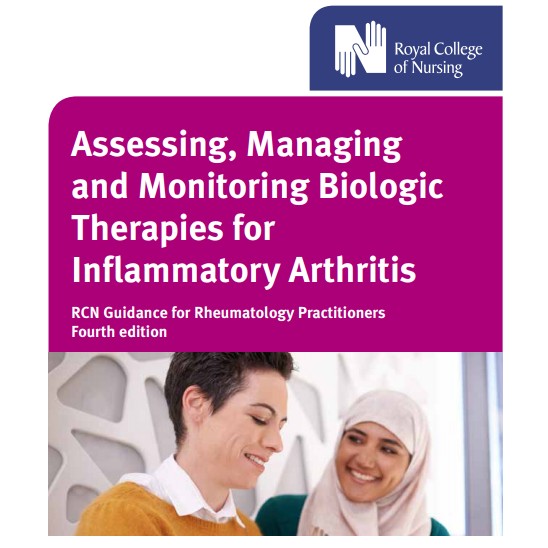

 The British Orthopaedic Association (BOA) is pleased to announce the recent publication of four revised commissioning guides with the Royal College of Surgeons of England. These NICE-accredited guides set out best practice care pathways to assist CCGs in designing optimal care for their populations. We are extremely grateful to all those involved in the rigorous development and accreditation processes. The guides, which can be found here, are:
The British Orthopaedic Association (BOA) is pleased to announce the recent publication of four revised commissioning guides with the Royal College of Surgeons of England. These NICE-accredited guides set out best practice care pathways to assist CCGs in designing optimal care for their populations. We are extremely grateful to all those involved in the rigorous development and accreditation processes. The guides, which can be found here, are:
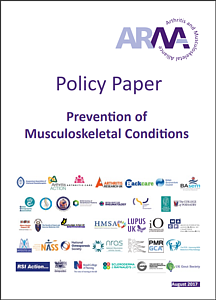
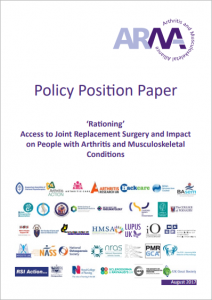

 In July LUPUS UK released the newest edition in their range of publications, ‘LUPUS: Bone Health & Osteoporosis’.
In July LUPUS UK released the newest edition in their range of publications, ‘LUPUS: Bone Health & Osteoporosis’.